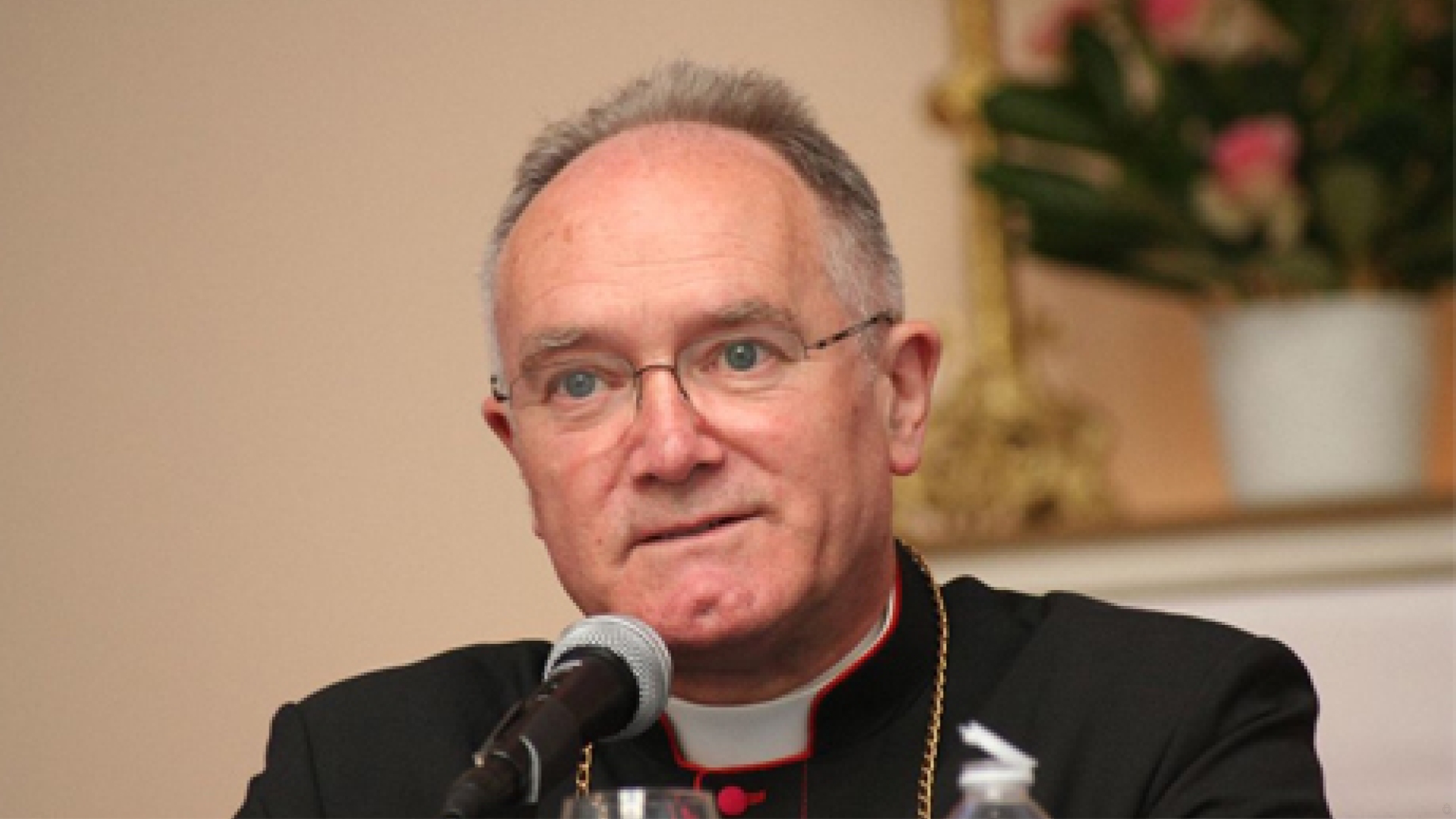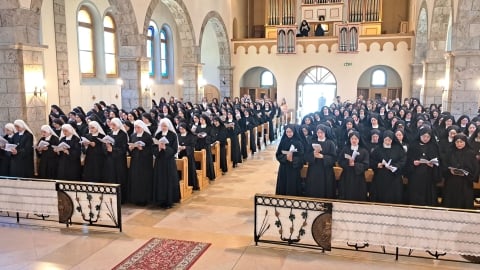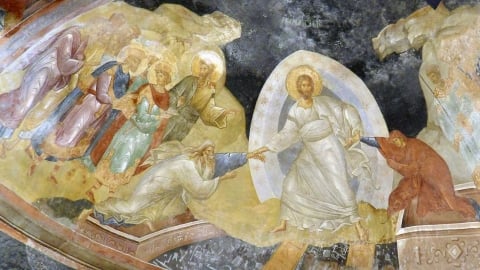Bp. Fellay: "A Debatable Pastoral Council?"

Excerpts from Bishop Bernard Fellay's talk on October 8, 2016, at Port-Marly, France, on the topic of a Pastoral Council of the Church.
During Journées de la Tradition (roughly: "Tradition Conference"), Bishop Bernard Fellay, Superior General of the Society of St. Pius X, gave a conference, the second part of which is transcribed here, on the present state of relations with Rome.
Can a Pastoral Council be Debatable?
They teach without teaching. This causes confusion everywhere. It is a new attitude. Until now it was clear to every Catholic that when Rome speaks: Roma locuta est, causa finita est. Rome speaks, Rome teaches, and that’s the end of the discussion. And here they are telling us that, no, “it is intended to be a starting point for further theological thought.” In many of his Encyclicals, John Paul II even spoke about “meditations.” It is no longer a teaching, it is a “meditation.”
The doctrinal discussions continue, they are becoming more and more interesting because the authorities are starting to open up the discussion. Until now it was exclusively: “Obey.” They teach and then: be quiet, submit. All of a sudden their attitude has changed. I think that they are forced—this is a kind of conclusion from what Abp. Pozzo told me—they are forced by the catastrophic situation, the absolutely universal confusion, even in Rome. They are forced to make concessions. They can no longer hold their positions; there is no purpose to it any more. It makes me think about the words of Cardinal Müller in 2014. He told us: “You are obliging the Congregation for the Doctrine of the Faith to devote precious time to you, when there are enormous problems in the Church.” That is interesting, but that is precisely what we are showing them! All of a sudden they are admitting that there are enormous problems. And they tell each other: This Society is not such a huge problem. But they are annoyed because we tell them: “You are the problem.” They no longer know how to take us, and they make concessions. Where will it all lead? We will soon see. But I think that presently the situation is so catastrophic that it is causing an extremely interesting reaction. On several levels.
And then, from time to time, I receive letters. Like this one: I will read it to you in English because it is an image: “Stick to your guns. Always stick to your guns.” This means: Keep your hands on your revolvers. Hold them firmly. In other words: “Defend yourselves. Always. And refuse to compromise in these matters that do not really pertain to the substance of the faith: religious liberty, ecumenism, dialogue with non-Christian religions. There are many of us in the hierarchy who think and believe in what you are doing about these questions.” It is a bishop who wrote that to me. He does not write “I,” he writes that there are many of “us.” He wrote other things too that I dare not read to you, they are so laudatory, but here is the gist: “We need voices that tell us the limits of our freedom in those areas.” He says that the Church, which teaches the truth, is now lost in the gray areas, in vagueness. “Come to our aid.” And also: “Do not let go of anything, continue like this, we need it!” This is new! There was nothing like this before! The bishops used to tell us: obviously there are problems, but at the end of the day . . . and here they are telling us: “Resist, we need it!” Actually they do not speak too loud because they know very well that if they do, they will be cutting off their own heads.
Do not become preoccupied all the time with these questions: “Will there be an agreement or not?” I myself know nothing about it. We will see! We will not give in, that I know, with the grace of God. May He come to our aid! But little by little we see that work that is being accomplished over time, this crisis is awakening the little remnant. Let us pray for this intention. And to conclude, a big thank-you to Abp. Lefebvre! We have to be very grateful to him and not forget him. And thanks also to all who support this work, to you, too, dear faithful.
Read the full text of this talk here
In order to preserve the distinctive character of this conference, the spoken style has been kept.
(Source: FSSPX/MG – Transcription, title, subtitles and citations by DICI no. 342 dated October 14, 2016)





